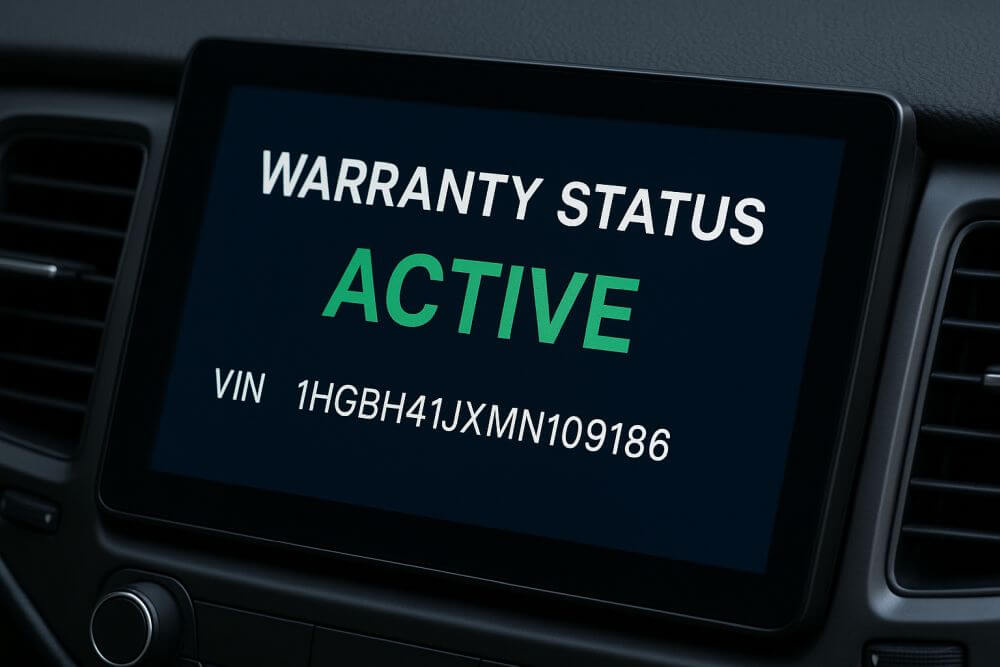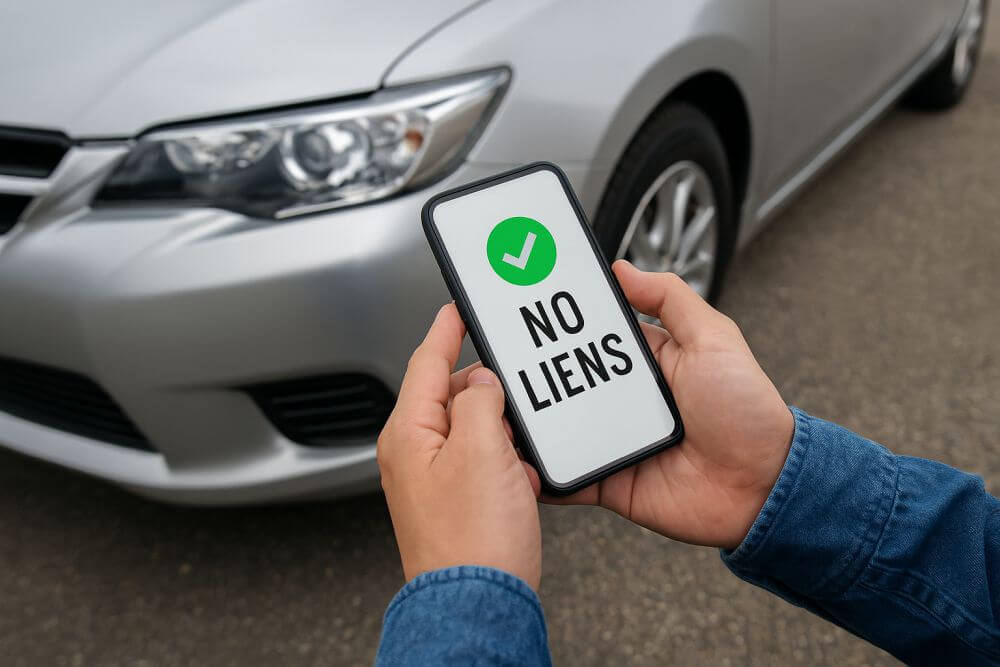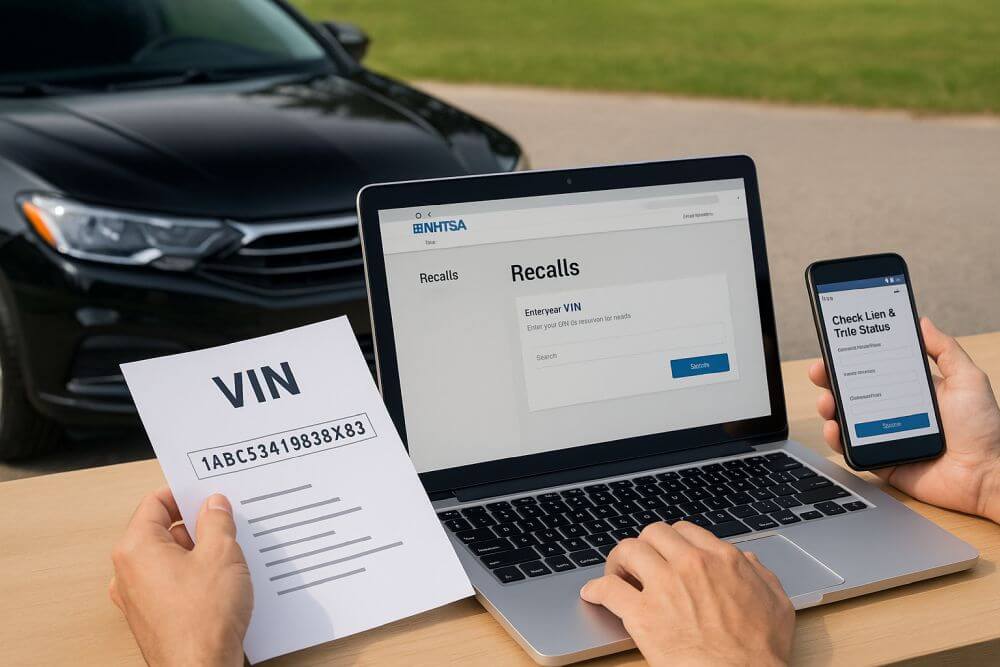Hurricanes, flash floods and other extreme weather conditions can result in plenty of water damage to buildings and vehicles. Unfortunately, some of these vehicles end up back on the market, getting sold to some poor consumer with no idea of the potential headaches that lie ahead. Experts like DMV.org provide information about the dangers of vehicle flood damage, as well as steps you can take to protect yourself from getting stuck with one of these damaged cars.
What Water Damage can Do
According to DMV.org and other experts in the automobile industry, excess water can cause plenty of damage to a vehicle. Some of this damage may be relatively easy to repair, while some parts of the vehicle may never be restored completely. The most dangerous types of water damage might include:
- Rotting and other damage to dashboards that cannot easily be dried out completely
- Rust, which may not show up for some time and can wreak havoc with a car’s operation
- Disruption in the operation of safety features like sensors, anti-lock brakes and air bags
- Contamination of car fluids, such as oil and transmission fluid, which then run through the car’s system
- Corrosion to vital parts like brakes, suspension systems and door locks
- Mold and mildew, which seeps into carpet, upholstery and other areas
- Electrical damage that may not turn up until months later and can make the vehicle dangerous to operate
Despite the potential hazards, some unscrupulous car sellers and even dealers may dress these water-damaged cars up to look just like new. DMV.org and other resources advice consumers to exercise some caution when shopping for a used vehicle to protect themselves from damaged goods. Even if you don’t live in an area that sees much flood damage, these vehicles often travel from one state to the next to dupe unsuspecting patron. No matter where or when you are in the market for a used car, there are some steps to take to ensure the car you pick has not suffered extensive flood damage.
On Alert for Vehicle Flood Damage
According to DMV.org and other experts, there are some easy steps to take to ensure you don’t get soaked on the purchase of a flood-damaged vehicle, including:
- Check for signs of mud or other debris under the wheel wells, or inside the glove box or dashboard
- Inspect areas where water tends to pool, such as in wheel wells, inside lights and mirrors and underneath the spare tire
- Test the oil for water contamination – oil that has water in it will resemble a chocolate milkshake or coffee with lots of cream
- Look for mismatched upholsters, which could indicate water-damaged fabric was replaced
- New carpet inside an older vehicle may also be a sign the seller is trying to cover up previous damage
- Give a good sniff to the trunk, carpet and upholstery for the telltale odors of mold and mildew
- Examine the wires to see if any seem brittle or feature cracking
DMV.org also advises consumers to exercise caution with sellers that are reluctant to let you examine areas of the vehicle like the trunk or engine, where water damage might be most prominent. It is also a good idea to take the car in for a professional inspection by a mechanic who is trained to look for signs of water damage. These simple steps can go far in protecting you from the purchase of a water-damaged vehicle that could end up costing you far too much money, stress and headache in the long run.


